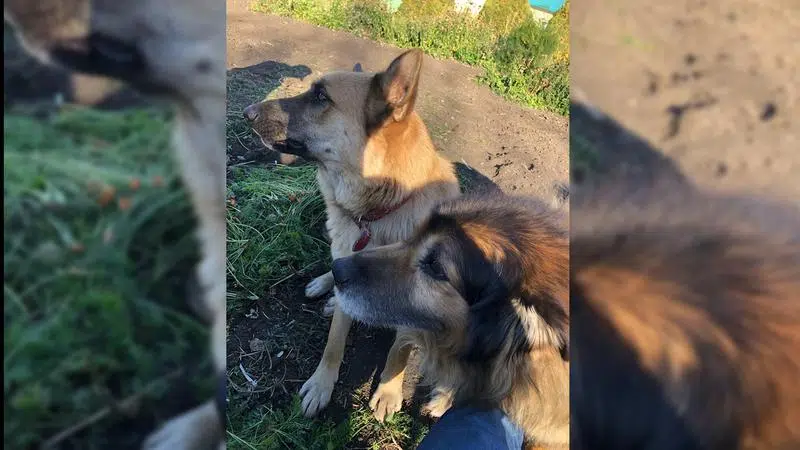
Parvovirus prevalent in Prince Albert
The canine parvovirus is a rising concern in Prince Albert according to a local veterinarian.
It is a highly contagious virus that affects dogs and can be fatal if not handled the proper way.
“We’re seeing a huge increase in the number of cases in parvovirus,” said Dr. Peter Surkan, a veterinarian at Park Range Veterinary Services. “And being close to the north and so many litters of puppies being brought in through different rescue organizations it’s a really fatal preventable viral disease.”
He said it affects the digestive track of the immune system or the bone marrow of young developing puppies.


